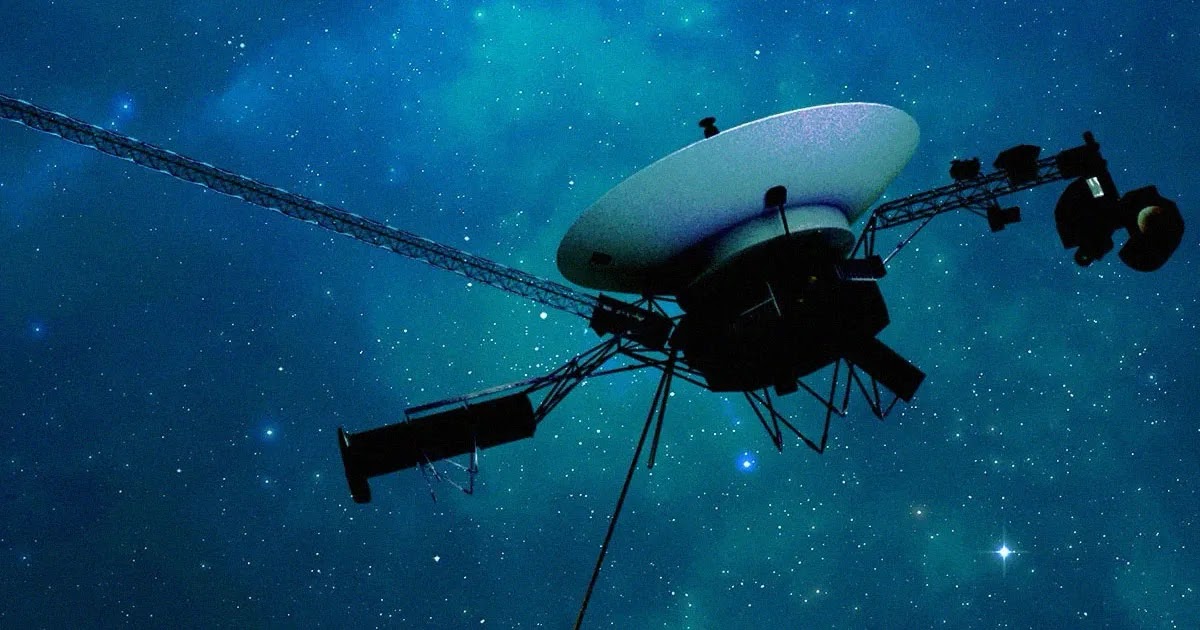Senile Probe
NASA's two Voyager spacecraft have spent almost half a century traveling through distant space.
The probes, which launched less than a month apart in the summer of 1977, have survived a lot, from dwindling power supplies and grimy thrusters to near-fatal software glitches.
Voyager 1, in particular, which is currently
floating past the generally-defined edge of the solar system some 15 billion
miles away, is looking worse for wear these days.
Most recently, scientists became worried after the lonely probe started sending nonsensical messages back to Earth — as if its senility was catching up with it.
"It basically stopped talking to us in a
coherent manner," Voyager project manager Suzanne Dodd told NPR.
"It's a serious problem."
Nonsense Code
Instead of beaming back binary code over billions of miles, Voyager 1 is sending 1s and 0s that just alternate.
Efforts to reset the aging probe have failed so far — but that shouldn't come as a surprise, considering the technology dates back to the mid-1970s.
"The button you press to open the door of your
car, that has more compute power than the Voyager spacecrafts do," Dodd
told NPR. "It's remarkable that they keep flying, and that they've flown
for 46-plus years."
Meanwhile, the team back on the ground is trying to "get into the heads of the original developers and figure out why they designed something the way they did," per Dodd, to find ways to fix the probe.
Over the next months, scientists at NASA's Jet Propulsion Lab will try a variety of different approaches to get Voyager 1 back to doing science.
"We haven't been getting science data since this anomaly started," Caltech astronomer Stella Ocker told NPR, "and what that means is that we don't know what the environment that the spacecraft is traveling through looks like."
The probes' plutonium reserves, which provide them with electricity, are also starting to run low, prompting their operators to take measures to preserve the dwindling power supplies.
"My motto for a long time was 50 years or
bust," astronomer Stamatios Krimigis, who has worked on the Voyager 1
mission from the very beginning, told NPR, "but we're sort of approaching
that."





0 Comments